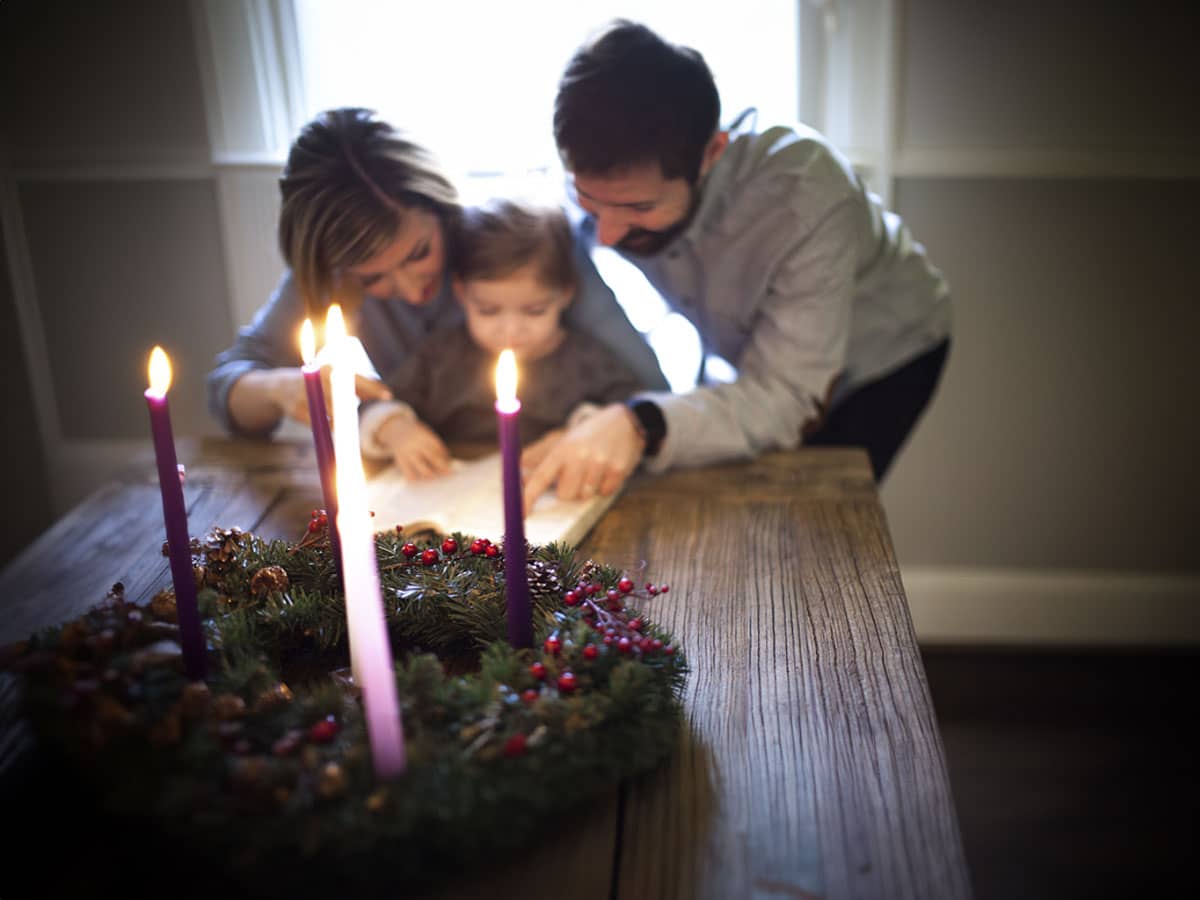
In North Carolina I missed the ocean, but less than a mile from my new house I discovered a network of running trails that snaked through the woods alongside a creek. I ran for miles beneath a dense canopy of leaves, losing myself in the rhythm of my breath the same way I’d lost myself in the motion of the waves. I ran in the early morning, when the woods were nearly deserted except for a tall, dark man, his graying hair cut close to his head, who leapt down the trail like a jackrabbit on long, toned legs. When our paths crossed, he swerved off the trail to let me pass and flashed a broad smile. I began to look for him, to listen for the distinct sound of his gait on the path. We became friendly, and sometimes I wished he would switch directions and run with me for a few miles.
One Saturday morning, just as I reached for a tomato, he appeared by my side at our local farmers’ market. “My name is Ismail,” he said, his vowels bent and stretched by an accent the likes of which I had never heard. Was it Irish? Moroccan? I had no idea.
I nodded and smiled. “I know you from the woods.”
“Next time we should run a few miles together.”
Caught off guard, I agreed to meet him at the trailhead the following day, though I regretted my choice as soon as I turned my back to him. His obvious interest in me was a weight I didn’t want to carry with me down narrow dirt trails. My body knew the work of tending to men like a mother’s breasts knew to leak in response to a baby’s hunger. Before I even realized what was happening, their need became mine; I smiled more brightly, nodded more enthusiastically, drew out even the most reticent man with probing questions. But that was the last thing I wanted to do during my precious time alone on the trail. I ran to feel free, to become like the deer I often glimpsed through the trees. If he was by my side, I feared I would not be able to outrun the good girl, the polite girl, the bright smiling one who tap-danced across the silence.
The following morning when I arrived at the park that backed up to the woods, he was leaning against his car in the parking lot, smiling. I knelt on the asphalt to lace up my running shoes and we started slow down the trail, making polite conversation. As we jogged past a playground, I commented that I had always feared swing sets as a child: those rickety frames groaning and rocking as children frantically pumped their legs higher and higher into the air. Once, while swinging on her belly, my sister had caught her leg on the ground: her knee had buckled backward. I still remembered how she had howled with pain. He probably thought my fear was silly, I added; all children loved swing sets.
He shrugged his shoulders. “I never played on one,” he replied in such a deadpan way that I thought he must be joking. “On the Libyan coast, where I grew up, we made our own swings — from ropes hung between palm, olive, or apricot trees.” I fell silent, trying for a moment to imagine a childhood without playgrounds. “Do you have any siblings?” I asked.
He nodded. “My mother gave birth to thirteen kids. Eight survived.” He went on to tell me about his younger brother whose nose had poured blood for days — and about the local healer who burned rubber on the fire and forced the child to inhale its toxic black smoke. He told me about the slippery, long leech that emerged from his brother’s nose days before he died — and about the daylong pilgrimage his parents made to the shrine of a Muslim saint in a remote village to pray and make an offering so that Ismail would be cured from his own chronic nosebleeds and survive childhood. Swept away by his stories, I lost track of time and distance as we wove through the trees.

